Local Business: How to Get Found and Get Chosen
You need to get found — and chosen
Getting found on Google
When someone local is looking for what you do, you need them to find you. Typical SEO is great for getting you to show up prominently in the search engine results. But Google has been changing and you have additional opportunities to get found.
The Local 3 Pack on the right often displays near the top of the page when a local search is performed. Whether you show up here is a function of three things:
- Your SEO
This includes on-page optimization for the keyword phrases customers use most when looking for what you do, and off-page link building to improve your website’s online “authority”. - Proximity to the searcher
This is what it sounds like: how close your location is to wherever the searcher is searching from. Clearly you can have no influence over this. - Prominence of your business
This relates to your online citations: how broadly across the web your location data is listed and how consistent it is across dozens of local search engines, directories, maps and apps.
At Rank Magic, we’re experts in Local SEO for small and very small local businesses. And we have a simple solution for ensuring your local search prominence across the most important locally focused sites across the web.
Reach out to us for a free SEO and prominence consultation about your business.
The Moz Blog calls location data and review ratings “The 1-2 Punch of Local SEO”
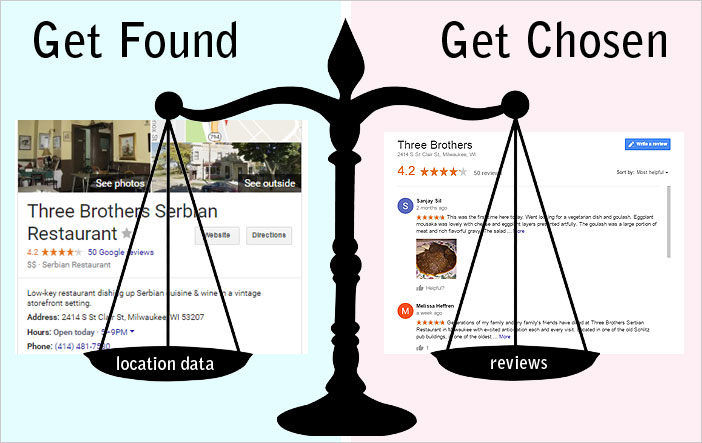
Once you’ve optimized your location data and customers can easily find you, the next step is to get them to choose you.
Getting chosen
Once you’ve been found, it’s very likely that some of your competitors will also show up. You want them to pick your listing in preference to the others. One of the best ways to do that is to demonstrate that you’ve got a very strong positive review profile. Inc Magazine says
Research shows that 91 percent of people regularly or occasionally read online reviews, and 84 percent trust online reviews as much as a personal recommendation.
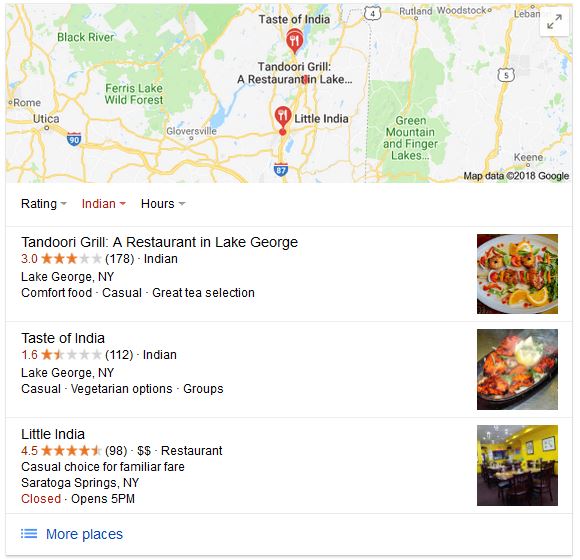
It’s pretty clear that your online star ratings can have a significant impact on your business.
If you don’t have a strategy for encouraging positive reviews from your customers, now is the time to start one.
At Rank Magic we have a simple program to generate positive reviews and balance them across the top rating sites like Google, Facebook, MerchantCircle, Yelp, and more. Contact us to learn more about how our solution can drive more customers to your business.
In fact, we have a free scanning service. Now you can see how good your own location prominence and reviews are. There’s no obligation, and did I say it’s free?
Just click here to run a free scan of your local listings.
Join the conversation with your opinions and experience in the Comments below.
Did you find this helpful? If so, please share it with the buttons on the left or the Click To Tweet above.

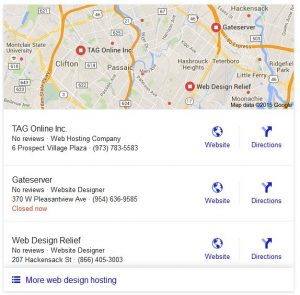
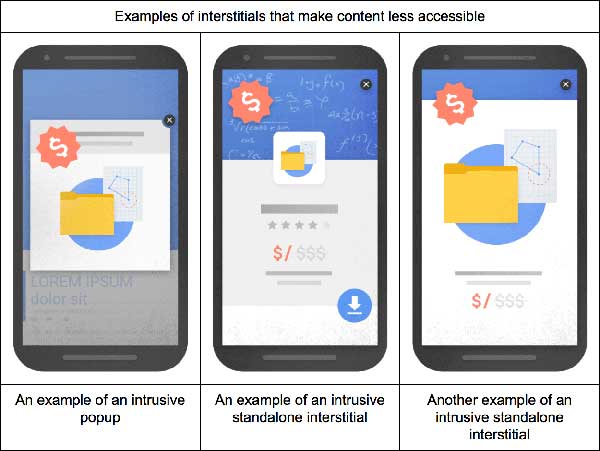


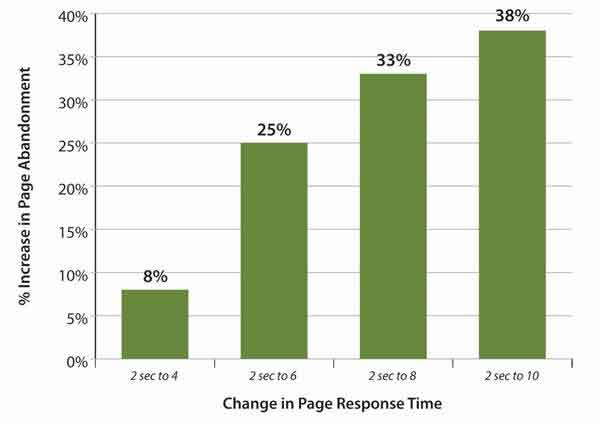
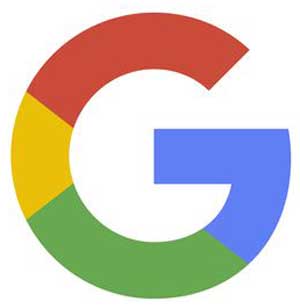 Google’s been reporting a surge in “near me” type searches, probably at least partly related to the increased use of mobile phones for search. That’s prompted a good bit of their recent Possum algorithm update.
Google’s been reporting a surge in “near me” type searches, probably at least partly related to the increased use of mobile phones for search. That’s prompted a good bit of their recent Possum algorithm update.
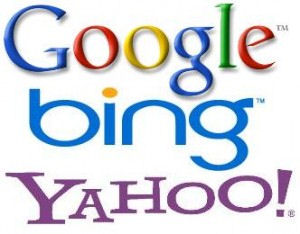 Don’t ignore Bing and Yahoo! As of last month, Americans conducted 64% of their searches on Google, 22% on Bing, at 12% on Yahoo. That comes to 98% of all the searches done in the US, so there’s no need to worry about any other search engines. But don’t dismiss Bing and Yahoo. Even at only 12%, Yahoo handles more than 500 million searches a day in the US.
Don’t ignore Bing and Yahoo! As of last month, Americans conducted 64% of their searches on Google, 22% on Bing, at 12% on Yahoo. That comes to 98% of all the searches done in the US, so there’s no need to worry about any other search engines. But don’t dismiss Bing and Yahoo. Even at only 12%, Yahoo handles more than 500 million searches a day in the US. You don’t. It’s worth repeating: you don’t need to submit your site to Google, Yahoo, Bing, or anywhere else. Submitting to search engines is kind of a scam from the past and
You don’t. It’s worth repeating: you don’t need to submit your site to Google, Yahoo, Bing, or anywhere else. Submitting to search engines is kind of a scam from the past and 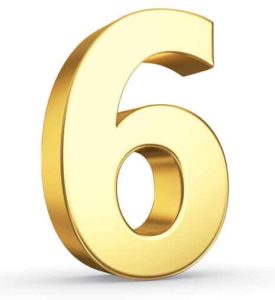 Make sure your website is search engine friendly. That means your pages download quickly, your site works well on a phone, navigation is easy to follow, you have a sitemap the search engines can follow to get to all your pages, and so forth.
Make sure your website is search engine friendly. That means your pages download quickly, your site works well on a phone, navigation is easy to follow, you have a sitemap the search engines can follow to get to all your pages, and so forth.